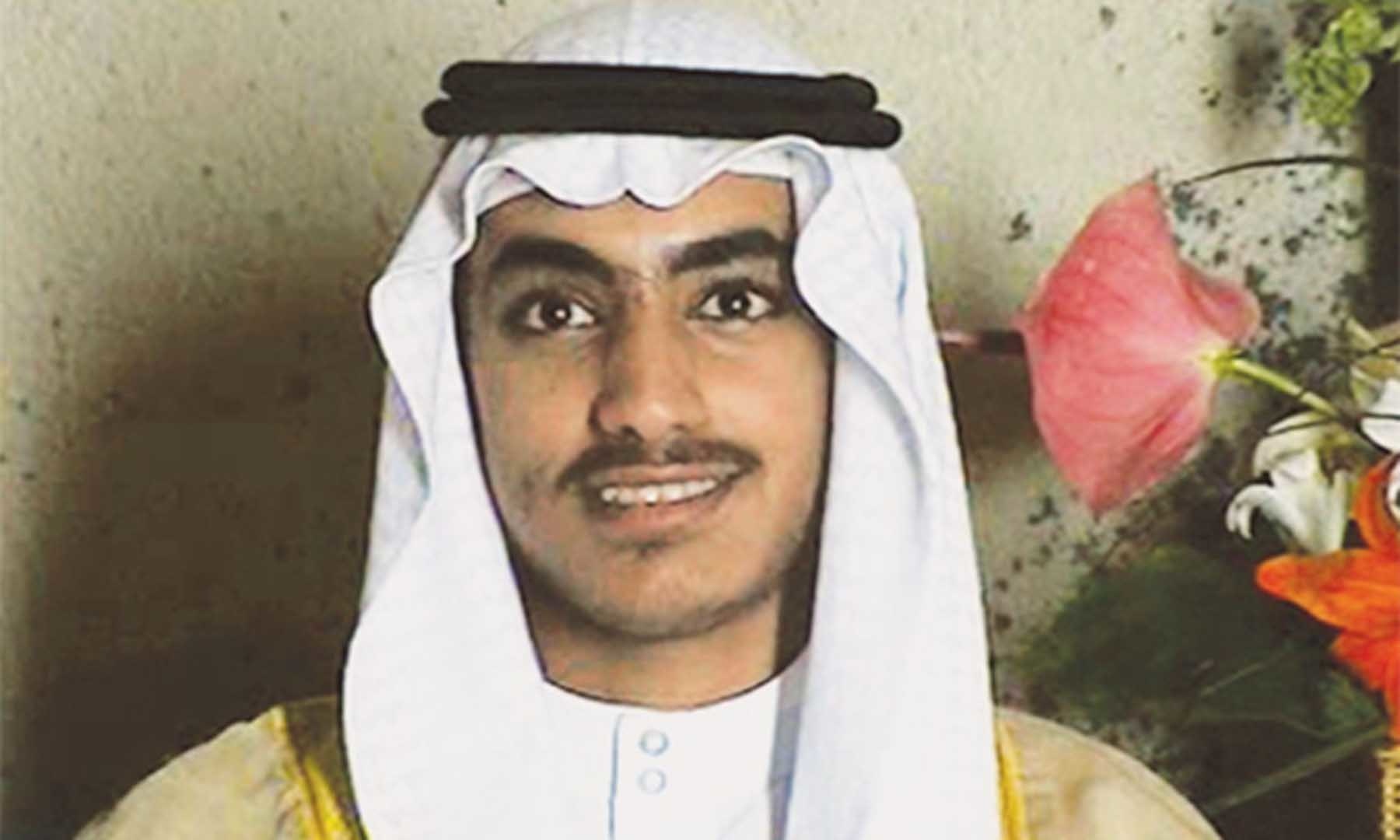2 August 2019 – Vancouver, CA
by Stewart Webb
According to reports, Hamza bin Laden has been killed. It is unclear who killed Hamza bin Laden, the son of Osama, or where it occurred. Regardless, this will be an immense blow to the terror network. Hamza bin Laden became the voice of the organization and al-Qaeda definitely attempted to take advantage of the family name that brought the 9/11 attacks. Al-Qaeda, currently, is searching for a new direction, to revitalize its recruitment and financing. This is because of al-Qaeda’s position as the leader of the global jihad has been called into question by the emergence and successes of ISIS. It is true that ISIS has been degraded, but both groups need to revamp and revitalize their positions, so one would become the clear global jihadist group. Hamza’s death will send al-Qaeda’s remaining leadership into a frenzy to recover.
Hamza, heir to a legacy
Hamza bin Laden was born in 1989 – the same year that the Soviets were withdrawing from Afghanistan. He was born in a year where his father, and other mujahideen, were celebrating this victory over one of the world’s superpowers. In November 2001, he was seen in an al-Jazeera broadcast depicting him and his brothers ruffling through the debris of a purported downed American helicopter. He also recited a poem that praised Taliban leader Mullah Omar in that broadcast. At the time of Osama bin Laden’s death in 2011, he was under house arrest with his mother in Iran. In January 2019, the United States issued a US$ 1 million reward for the information for the location of Hamza bin Laden.

Hamza bin Laden was being groomed for the leadership of al-Qaeda and it was desperately needed. He was subsequently released and in 2016 he attracted international headlines with his 21-minute speech entitled “We are all Osama”. In the world of ISIS Twitter, and savvy social media posts, the 21-minute audio speech did not have the impact that al-Qaeda wanted. However, it did signify that al-Qaeda wanted to have a younger face to the organization to help connect with the next generation of terrorists. When “We are all Osama” was released Hamza bin Laden was 27 – in comparison to Ayman al-Zawahiri, who was 65 at the time. And according to recently disclosed intelligence, al-Zawahiri, who has been al-Qaeda’s leader since Osama bin Laden’s death, has a heart complaint. This theory has been circulated previously, including in a UN monitoring report.
Al-Qaeda’s Situation
It is not clear who killed Hamza bin Laden, but the lack of knowledge indicates that it was not directly conducted by the United States. The leak occurred on the day of the first debate of the latest US Democratic leadership debate. This raises the question of whether it was leaked to detract from the Democrats and reinsure that the Republicans and President Trump are taking national security matters seriously. This may have been leaked for this effect. However, the leak indicates it was one of the US partners in the war on terror. Its partners could face violent repercussions that would place its local populace in grave danger. If it were Pakistan or Saudi Arabia, one could see reprisal attacks in large urban centres as al-Qaeda would want to make its presence known and ability to carry out vengeance.
The real question is how al-Qaeda will recover from this loss. It is true that al-Qaeda does have multiple franchises around the world including very active groups in Yemen (AQAP) and in Mali (AQIM). And that, in 2014, al-Qaeda militants attempted to seize Pakistani warships. However, it has not been able to seize the unequivocal leadership of global jihadi militant movement because of ISIS. But, al-Qaeda position is precarious, to say the least. It has the brand name of the group that carried out the 9/11 attacks, but its 21-minute speech of Hamza bin Laden demonstrates a lack of social media savviness. A characteristic that ISIS has. ISIS incited numerous lone wolf attacks across Europe and North America. ISIS still has that tool to reach out to prospective members globally. Al-Qaeda has a regional name because of its franchises, but not media savvy to expand further.
ISIS’ leader, al-Baghdadi, is still alive and the group still maintains some social media presence and attempts to incite lone wolf attacks. It has achieved world-shattering attacks through its franchises in Sri Lanka (the Easter Sunday bombings) and the litany of sympathizers are still being tried in courts in Europe and the United States and it is still a great cause of concern in the Middle East if ISIS Central can re-establish itself.
Al-Qaeda Going Forward
Al-Qaeda’s future is on shaky ground. Al-Qaeda does have franchises around the world, but those groups are susceptible to members leaving and pledging allegiance elsewhere. The news of Hamza’s death and the reiteration of al-Zawahiri’s purported medical concerns does put the leadership of al-Qaeda in question. Al-Qaeda has had a centralized leadership that has not had direct control over its franchises for years. These franchises have made a name for themselves with little involvement of the loose centralized command structure, but these franchises can rebrand themselves. Many groups join the al-Qaeda and ISIS brand to up their credibility domestically and on the international stage. There is no reason why these groups cannot rebrand themselves again. Take into account that before ISIS was the scourge that it is and was that it was al-Qaeda in Iraq and before that, it was Jama’at al-Tawhid wal-Jihad.
Hamza’s death does cause a bit of a quandary. Al-Qaeda has to do something to demonstrate to its current, and prospective, members that it can still wage a multi-regional jihad. It needs to instruct its successful franchises, AQIM and AQAP, to do something bold. It also needs to find a youthful voice to carry on its mandate. It cannot rely on ageing fanatical mujahideen from the Soviet-Afghan War.


